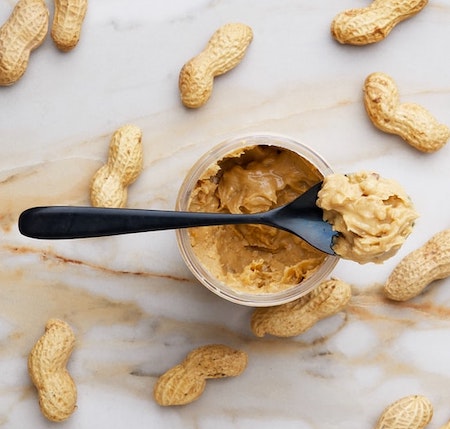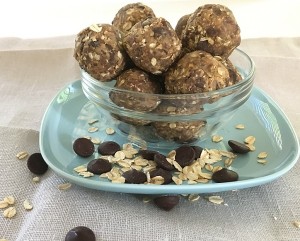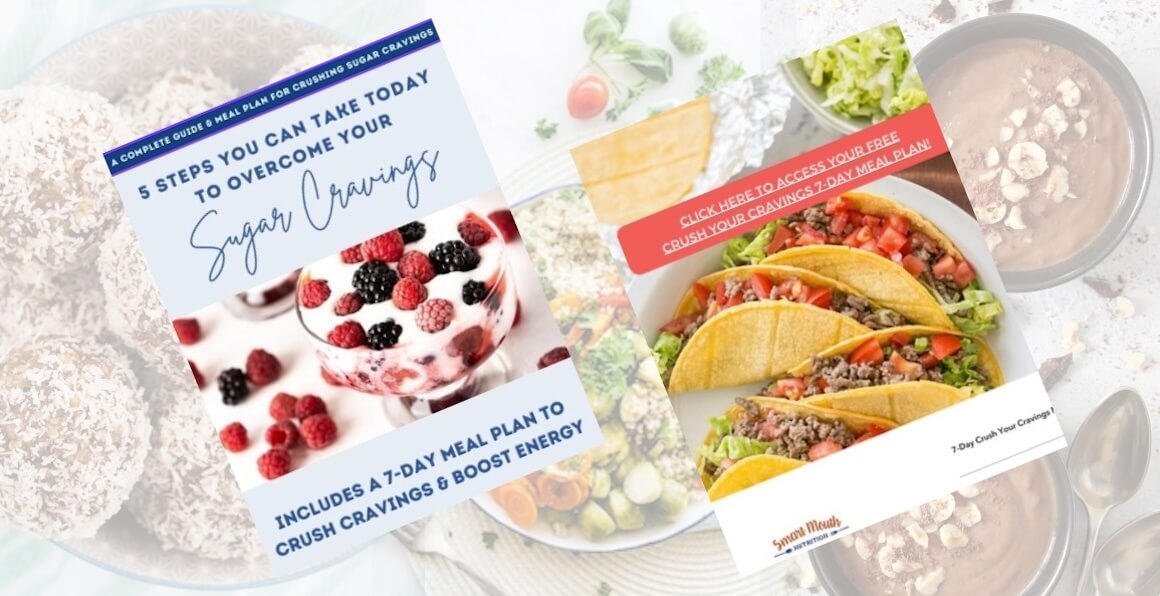November is full of so many tasty foods. And while peanut butter may not come to mind as a November food, it is National Peanut Butter Lover’s Month.

Peanut butter, as American as… Well, actually the Aztecs ate a mashed peanut paste. Fast-forward to the late 1880’s and a Canadian by the name of Marcellus Gilmore Edson patented peanut paste. (Yes, I agree… definitely not as appealing a name as peanut butter.) Then, it was 11 years later when an American, Dr. John Harvey Kellogg (yep, the same man who created the cereal brand), patented a process for creating butter from raw peanuts. And, in the early 1900’s, a peanut-butter-making machine was created by a man out of St. Louis. So, peanut butter definitely has roots in the U.S., just maybe not its earliest of roots. But no doubt, peanut butter is a definitely a staple in the American diet, and boy do we like our peanut butter!
In fact, it is estimated that the average American eats about 3 pounds of peanut butter per person each year. Compare this to the estimated 1 tablespoon of peanut butter consumed by Europeans each year, and it starts to sound like a lot. However, as a peanut butter lover and a registered dietitian, I say… it’s okay that eat our fair share of peanut butter.
Health Benefits of Peanut Butter
You may have heard that the humble PB&J sandwich is a pregame food of choice for many pro athletes, and that’s for good reason. Thanks to its high protein content, peanut butter makes a great plant-based protein. Plus, it’s rich in a variety of vitamins, minerals and healthy fats.
Here are just a few nutrients found in this power-packed protein:
- Protein — 2 tablespoons of peanut butter contain 9 grams of protein, which helps build new muscle and helps repair existing muscles after a workout
- Vitamin E — helps body fight free radicals and germs
- Vitamin B-6 — helps lower levels of chronic inflammation
- Magnesium — important for well-functioning nerves and muscles and helps support bone and heart health
- Manganese — helps to promote healthy bones and reduce the risk of osteoporosis
- Niacin — helps maintain healthy blood cholesterol levels
- Unsaturated fats — mix of both monounsaturated and polyunsaturated fatty acids, which help support a healthy heart and weight
With that being said, peanut butter contains a high amount of calories (fats contain more calories per gram than carbohydrates and proteins). So, enjoy that peanut butter, just enjoy it in moderation if watching calories.
Ways to Enjoy Peanut Butter
There’s more to peanut butter than just a sandwich. Or, Peanut Butter Fingers made famous by Joey on Friends.
Try peanut butter to boost flavor and protein in some of these…
- Smoothies
- Oatmeal
- Granola
- Marinade
- Salad dressings
- Ice cream or banana “nice cream”
- Over noodles
- In stir-fries
- In baked goods
- In these delicious Choco-Oat Cookie Dough Energy Balls

These energy bites make for a delicious and portable snack, perfect for game day, after school or post-workout.
Just Don’t Call it a Nut
While often referred to as a nut, peanuts are actually legumes, since they grow underground (not on trees, like nuts). So enjoy that tablespoon or two of peanut butter every day. Just don’t call it a nut.
PLEASE SHARE: What are your favorite ways to eat peanut butter? Please share. We’d love to hear from you!






0 Comments